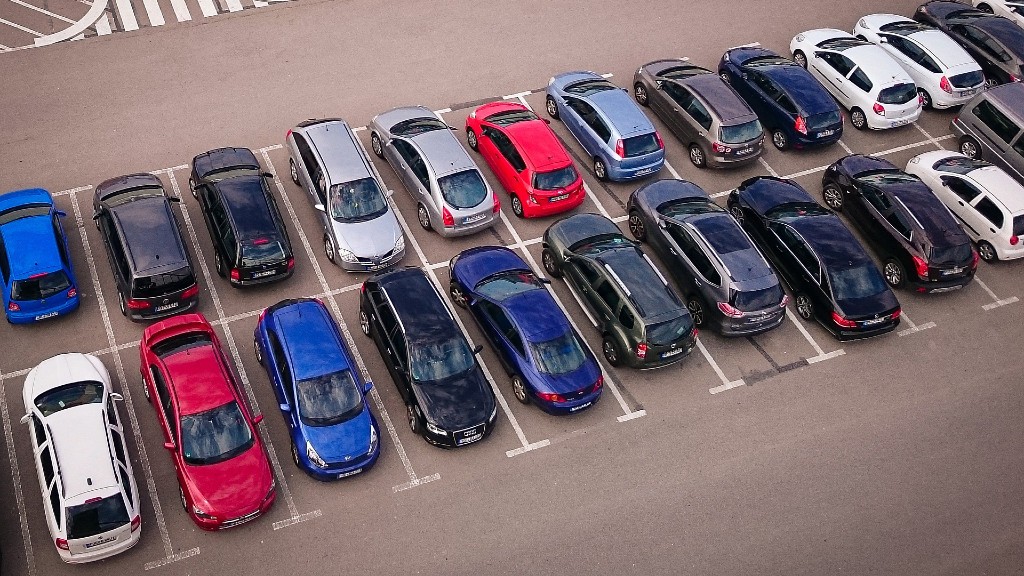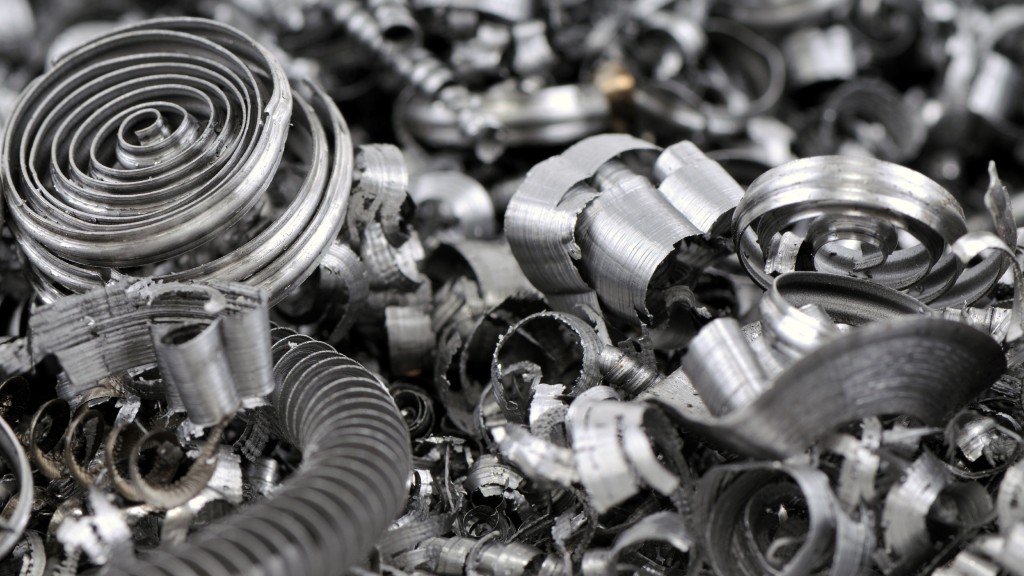
Circularise, the Dutch digital product passports provider, has joined the MaterialLoop project initiated by Audi to move forward with its circular economy strategy and get valuable insights into how a circular economy can be put into practice.
Together with other 14 partners from the research, recycling, and supplier sectors, Circularise participated in the pilot project aimed to investigate the possibility of the reuse of post-consumer materials, which are taken from vehicles at the end of their lifecycle for the production of new cars. Circularise has brought its experience in end-to-end supply chain traceability with the use of blockchain technology in the role of the digital product passport expert.
"It is our goal to recover as many materials as possible at a high level of quality and reuse them in production. This will save valuable primary materials and lower the products' ecological footprint," says Audi CEO Markus Duesmann. "Simultaneously, direct access to secondary materials can contribute to increased security of supply. Raw materials would no longer have to be extracted."
Back in October 2022, 100 vehicles, including former development cars, were dismantled as part of the MaterialLoop project. After disassembly, the car bodies were shredded and sorted into material groups comprising steel, aluminum, plastic, and glass. With the aim of testing the reuse of such materials in the production of new cars, Audi defined and piloted the further recycling process together with project partners from the recycling industry, the Audi supply chain, and academia.
The benefits of digital product passports in the automotive sector
Circularise provided all partners with the digital tool to trace the movement of all the materials from dismantling to recycling and consequently reuse. The goal was to avoid downcycling and achieve the most sustainable end-of-life vehicle recycling practices.
"Sustainability in the automotive world requires a greater understanding of all the facets of material selection and production, design, engineering, supply chain, component manufacturing, finishing, and assembly," says Mesbah Sabur, Circularise founder. "With digital product passports, we can support traceability and accounting of the materials, processes, and impacts at each step of the value chain. This makes it easier for automotive suppliers and OEMs to accurately measure the LCA and carbon footprint of vehicles as well as make more informed decisions regarding the circular vehicle production."
Digital product passports will play a key role in bringing the circular economy into reality, especially for electric vehicles. With the EU's battery passports regulations coming into power in 2026, and the Inflation Reduction Act 2022 in the U.S., Circularise aims to support manufacturers, suppliers, regulators, and consumers with valuable information to improve compliance, quality assurance, and accelerate the transition to a circular economy.


